Hot Property documentary: not enough digging at BBC2
Sandy Toksvig-narrated programme fails to ask why housing has never been so unaffordable
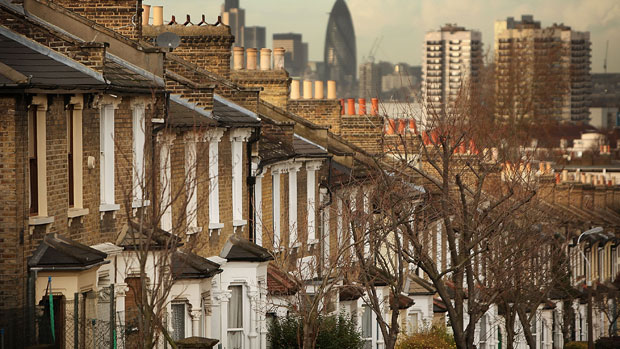
A free daily email with the biggest news stories of the day – and the best features from TheWeek.com
You are now subscribed
Your newsletter sign-up was successful
Britain's housing market has rarely gone about its business quietly, but even by its own dysfunctional standards it has scaled new heights of absurdity in the past few years.
The madness now prevailing in some parts of London is perhaps best illustrated by the oddly touching tale of the thousand or so mechanical diggers believed to be entombed in the subsoil of Kensington and Chelsea.
Their plight is explained by the plutocratic urge to dig vast basements under Georgian townhouses that could not otherwise accommodate the kind of private pool or cinema that befits a member of the global elite. So in go the JCBs and down they dig.
The Week
Escape your echo chamber. Get the facts behind the news, plus analysis from multiple perspectives.

Sign up for The Week's Free Newsletters
From our morning news briefing to a weekly Good News Newsletter, get the best of The Week delivered directly to your inbox.
From our morning news briefing to a weekly Good News Newsletter, get the best of The Week delivered directly to your inbox.
With no cost-effective way to get a digger out of such a deep hole, the builders to the super-rich have developed an ingenious solution: the workhorse digs its own grave. Then, having been sealed in concrete beneath the basement floor, it is nothing more than a £5,000 charge on an invoice.
There was nothing half as baroque as that in Hot Property, last night's rather feeble canter through the housing market on BBC2.
With no animating argument and little sense of narrative coherence, it was very much a "here's a bunch of stuff that happened" type of documentary. It flitted from subject to subject, trusting neither itself to be interesting nor its audience to be interested.
Which is a pity, as it touched – if only fleetingly – on interesting ground.
A free daily email with the biggest news stories of the day – and the best features from TheWeek.com
The best sequences dealt with the history of housing booms, such as the great surge in homebuilding of the 1930s. Two million houses were built by private companies in that decade, and they sold at an average price of 3.5 times earnings.
We’ve never built more before or since, and houses have never been more affordable. Today, the average home costs 9.5 times average earnings.
How did we get from there to here, and who has gained and lost in the process? Do high and rising prices mean that more of us are better off? How much should a house cost, anyway?
To expect definitive answers would be unrealistic, but we might reasonably have expected the questions to be asked. Instead the programme drifted off into a pointless debate between developers and nimbys in which no one said anything new or surprising.
The pattern was repeated two or three times: it would stumble back into promising territory – and then meekly back away when the going got interesting.
For example, there was John Prescott's £60,000 house. (As deputy prime minister in the Blair government, Prescott had responsible for housing.) The idea was that a high-quality, low-cost home would be built on government land, and although the house would be sold on the open market, the land would remain the property of the state.
It was the kind of public-private partnership beloved of New Labour, and residents who signed up for it have no complaints about the quality of their homes. But somewhere along the way the price crept up, and then shot up, and did not stop shooting up until it reached £300,000.
Interviews with Prescott and the developer shed little light on what went wrong and who, if anyone, was at fault. The programme-makers seemed essentially uncurious about whether the £60,000 home was a good idea poorly delivered or a bad idea from day one.
Perhaps they can be forgiven. Perhaps any market in which burying £5m worth of digging equipment appears both sane and prudent is impervious to conventional documentary – or at least to one narrated by Sandy Toksvig.
Evan Davis would have made a better fist of the economics, and Adam Curtis would have been bracing on the politics. But to skewer the dark heart of Britain’s property business would take someone with the talents and obsessions of Franz Kafka.
Business Boomers: Hot Property is available on the BBC iPlayer
Holden Frith tweets at twitter.com/holdenfrith
Holden Frith is The Week’s digital director. He also makes regular appearances on “The Week Unwrapped”, speaking about subjects as diverse as vaccine development and bionic bomb-sniffing locusts. He joined The Week in 2013, spending five years editing the magazine’s website. Before that, he was deputy digital editor at The Sunday Times. He has also been TheTimes.co.uk’s technology editor and the launch editor of Wired magazine’s UK website. Holden has worked in journalism for nearly two decades, having started his professional career while completing an English literature degree at Cambridge University. He followed that with a master’s degree in journalism from Northwestern University in Chicago. A keen photographer, he also writes travel features whenever he gets the chance.
-
 What to know before filing your own taxes for the first time
What to know before filing your own taxes for the first timethe explainer Tackle this financial milestone with confidence
-
 The biggest box office flops of the 21st century
The biggest box office flops of the 21st centuryin depth Unnecessary remakes and turgid, expensive CGI-fests highlight this list of these most notorious box-office losers
-
 The 10 most infamous abductions in modern history
The 10 most infamous abductions in modern historyin depth The taking of Savannah Guthrie’s mother, Nancy, is the latest in a long string of high-profile kidnappings
-
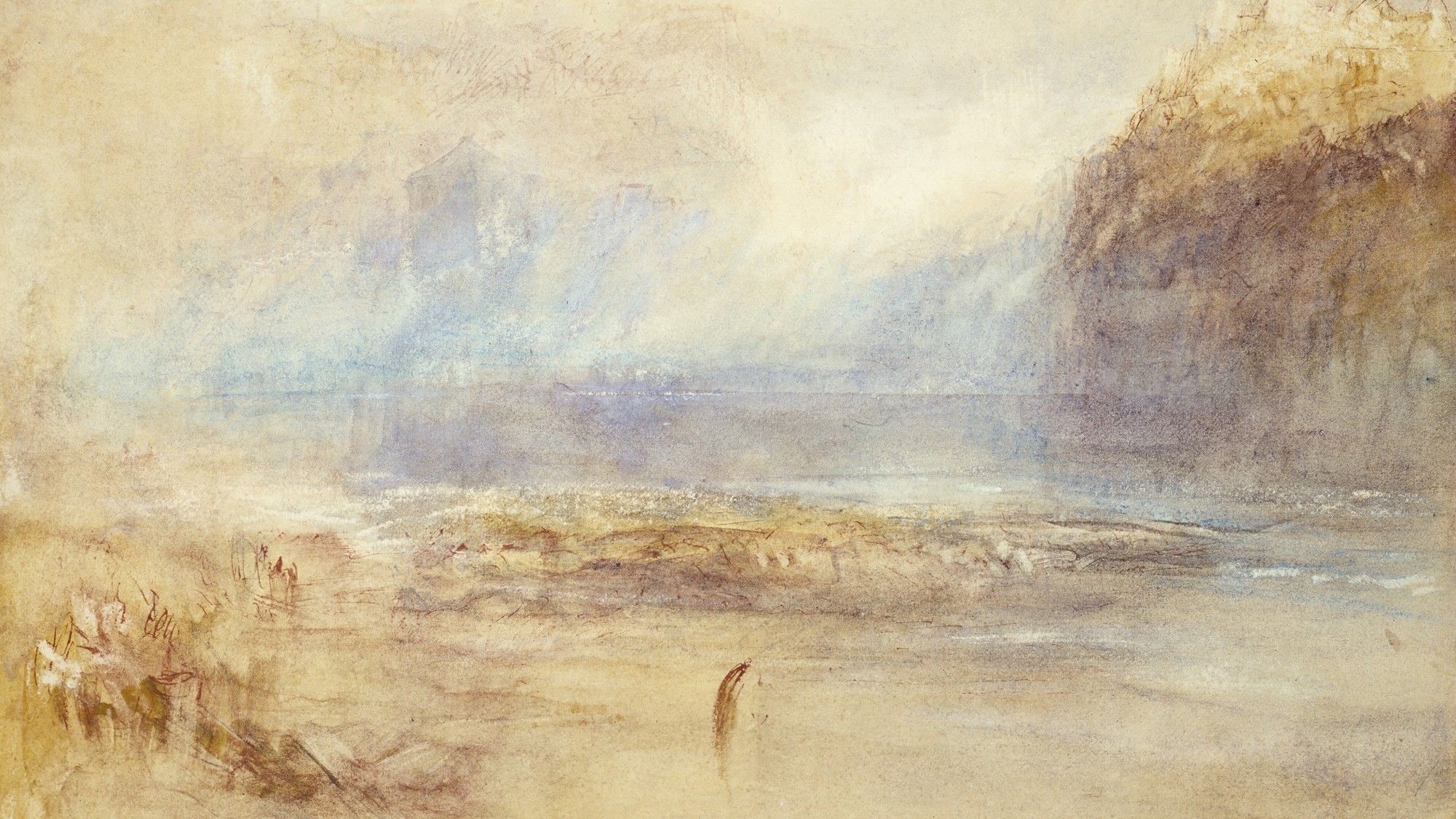 Turner: The Secret Sketchbooks – a fascinating portrait of the great painter
Turner: The Secret Sketchbooks – a fascinating portrait of the great painterThe Week Recommends BBC2 documentary examines the rarely seen sketchbooks of the enigmatic artist
-
 Dianarama examines the ‘extraordinary scale’ of Martin Bashir’s lies
Dianarama examines the ‘extraordinary scale’ of Martin Bashir’s liesThe Week Recommends Andy Webb’s book is packed with ‘astonishing’ allegations surrounding Princess Diana’s 1995 Panorama interview
-
 Eurovision faces its Waterloo over Israel boycotts
Eurovision faces its Waterloo over Israel boycottsTalking Point Five major broadcasters have threatened to pull out of next year’s contest over Israel’s participation
-
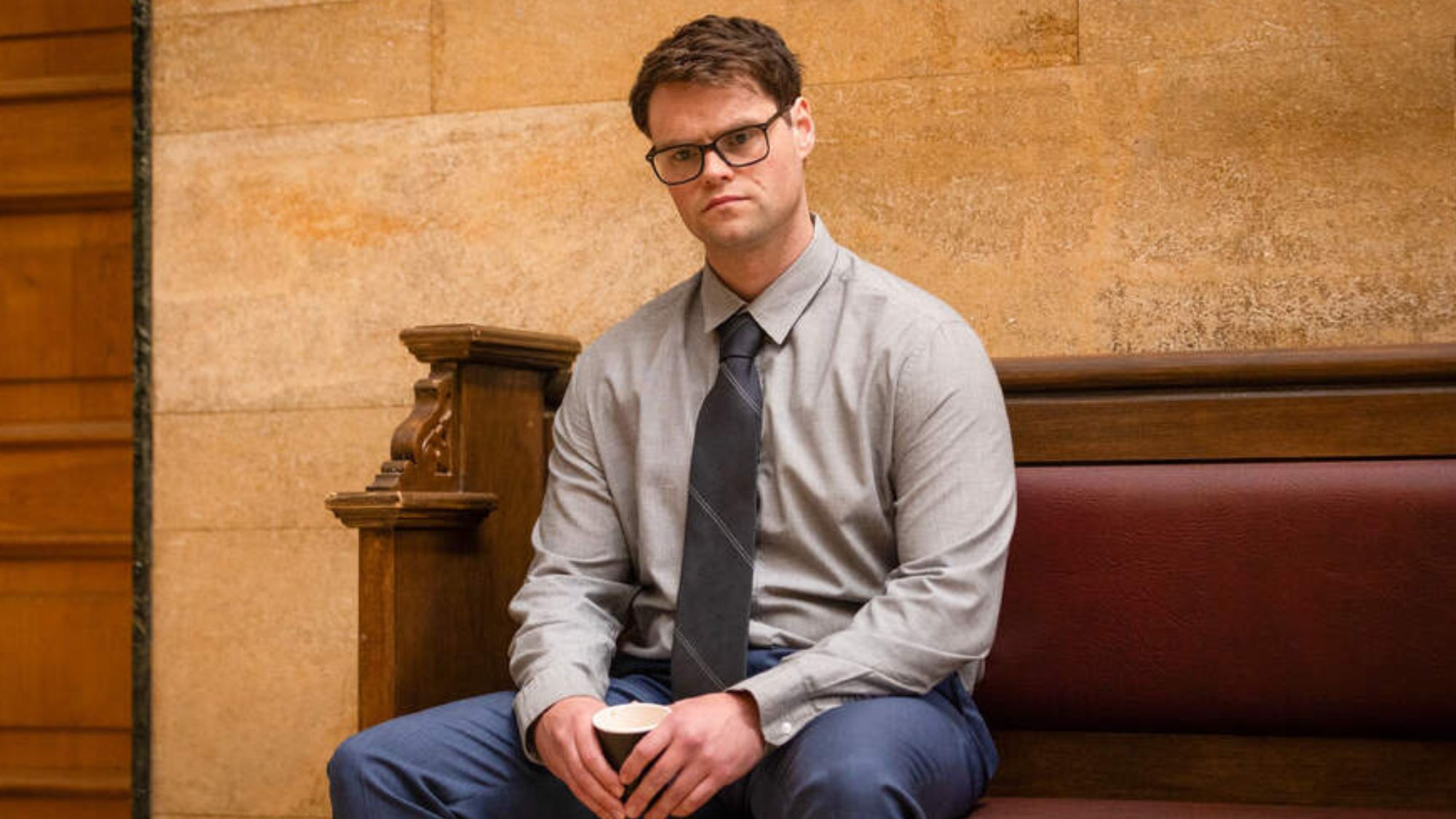 Unforgivable: harrowing drama about abuse and rehabilitation
Unforgivable: harrowing drama about abuse and rehabilitationThe Week Recommends 'Catastrophic impact' of abuse is explored in 'thought-provoking' series
-
 The people who raffle their homes
The people who raffle their homesUnder The Radar Offer the chance to win your house for £2 a ticket? It's simple and can make thousands but it's not stress-free
-
 How to go on your own Race Across the World
How to go on your own Race Across the WorldThe Week Recommends The BBC hit show is inspiring fans to choose low-budget adventures
-
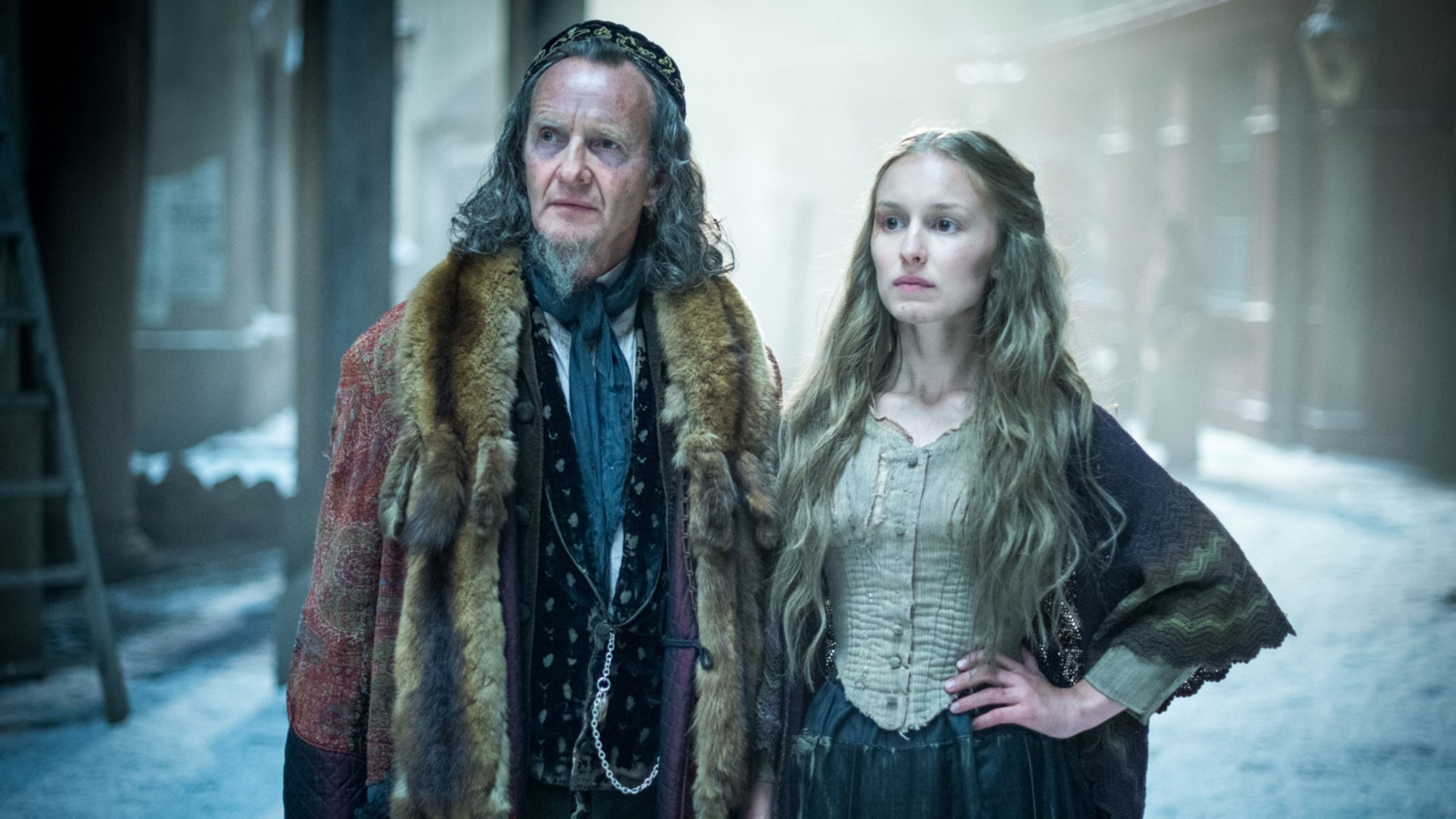 The top period dramas to stream now
The top period dramas to stream nowThe Week Recommends Heaving bosoms and billowing shirts are standard fare in these historical TV classics
-
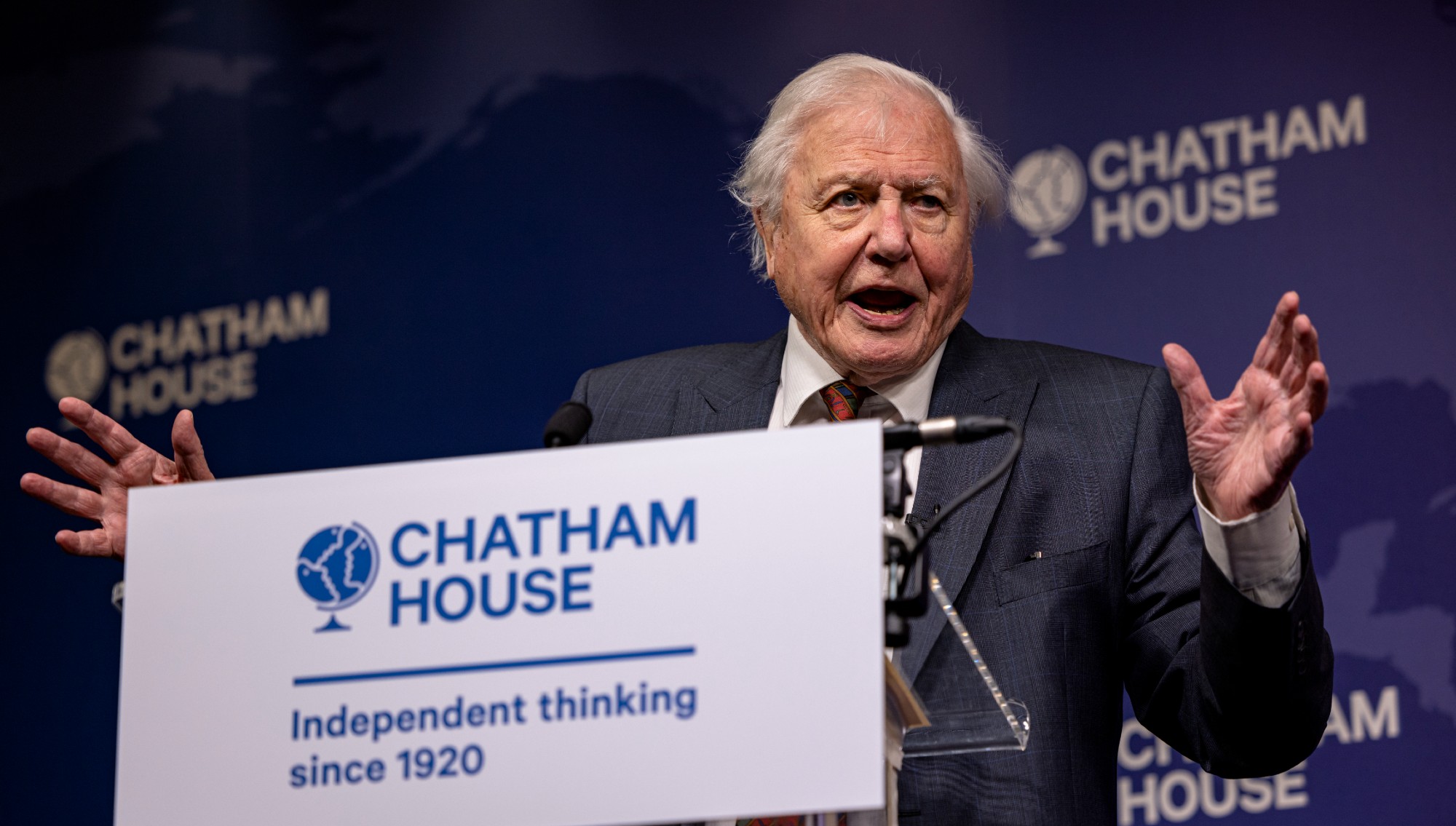 David Attenborough at 99: a 'radical' voice for climate action
David Attenborough at 99: a 'radical' voice for climate actionIn The Spotlight In his new film 'Ocean', TV's best-known naturalist delivers his strongest message yet